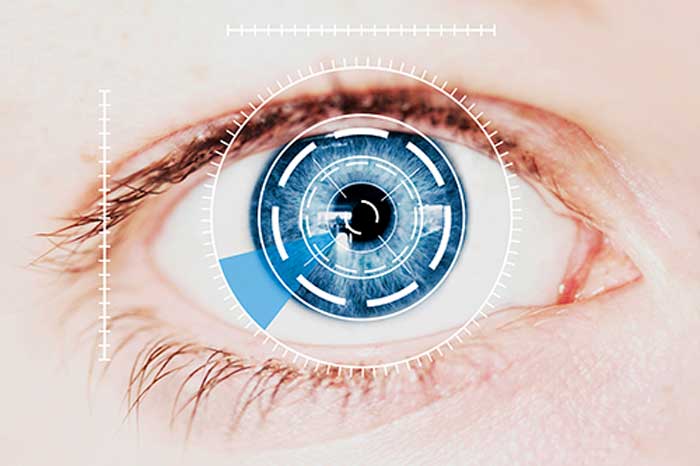 It sounds like a science fiction movie: an eye scan will provide information about your brain and, quite possibly, predict your future. But according to two new studies, this may become a reality in the near future.
It sounds like a science fiction movie: an eye scan will provide information about your brain and, quite possibly, predict your future. But according to two new studies, this may become a reality in the near future.
Right now, the only way to diagnose Alzheimer’s disease is an expensive and invasive lumbar puncture, which involves stretching the spinal fluid through a needle inserted into the back, or scanning that can display the amount of beta-amyloid, a toxic protein that accumulates in the Alzheimer’s disease state. Doctors often rely on cognitive tests and reports from family members to diagnose someone with Alzheimer’s disease.
Although there is no treatment for Alzheimer’s disease, a correct early diagnosis can give the patient time to enroll for a clinical trial or make a decision about his or her future care. A quick painless eye scan can be revolutionary. Given that over the next 30 years, the development of dementia is expected in 100 million people, medical professionals need a fast, cheap and easy way to diagnose people, especially if medications can positively influence the progression of the disease.
The researchers used imaging called optical coherent tomography angiography (OCTA) to scan the eyes of people with Alzheimer’s disease, people with mild cognitive impairment (often considered precursors of Alzheimer’s disease) and healthy people. When they compared the results of the three groups, they found that the small retinal blood vessels in the back of the eye were smaller and that a certain layer of the retina was thinner in people with Alzheimer’s.
Another study in Israel compared the results of retinal and brain scans of people with a family history of Alzheimer’s disease (but without symptoms) and scans of people without a family history. They found that people with a history of Alzheimer’s disease had a thinner inner layer of the retina. The hippocampus, which controls brain memory and is the first area damaged by Alzheimer’s disease, has already begun to decline in people with a family history. People with either a thinner layer of the retina or a smaller hippocampus also had worse memory tests.
Some may wonder if it is helpful to know signs of the signs of Alzheimer’s disease when there are no drugs. Most scientists agree that a drug that can stop or slow down Alzheimer’s disease will work only in its early stages, long before most people are diagnosed.







